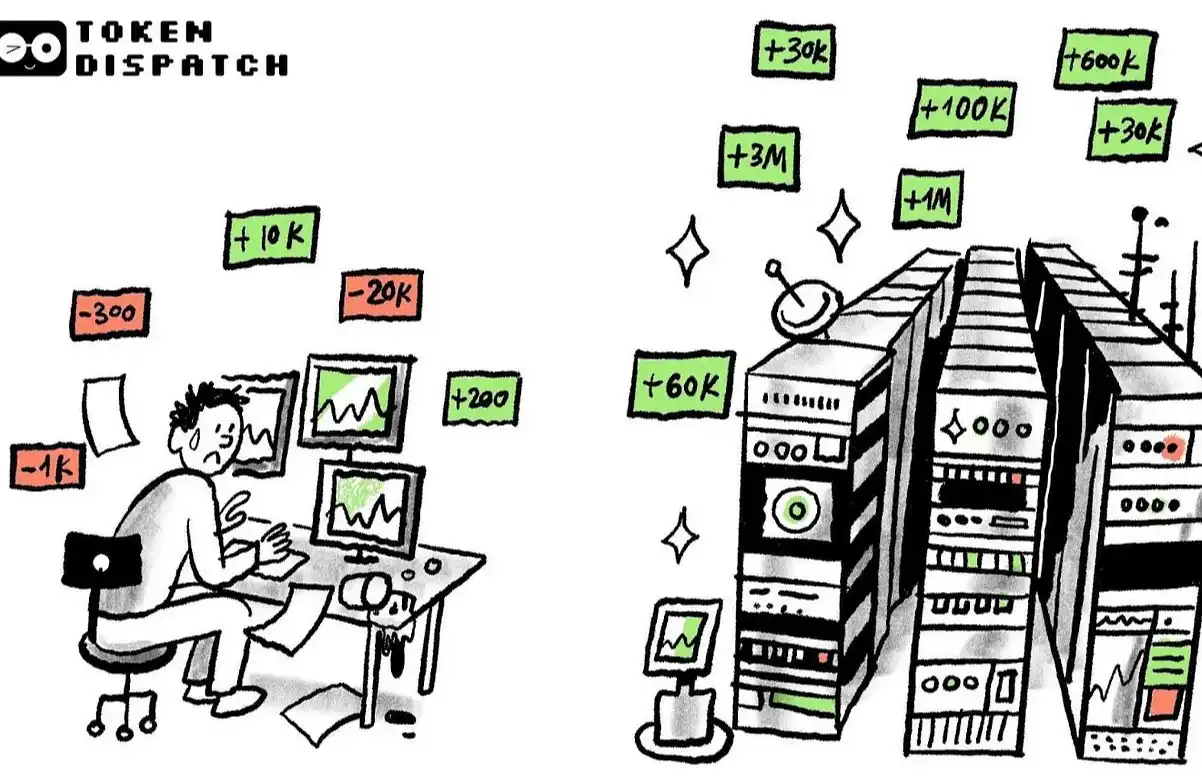Trump Announces Major Progress in U.S.-Russia Relations
- Major diplomatic shifts following U.S.-Russia talks in Alaska.
- Sanctions target Russian crypto firms linked to illicit activity.
- U.S. commitments to Ukraine grow closer to NATO standards.
U.S. President Donald Trump announced significant progress with Russia on Truth Social after discussions with President Vladimir Putin in Alaska, coinciding with new U.S. sanctions on Russian crypto firms.
The announcement marks a pivotal shift in U.S.-Russia relations, impacting crypto markets as major Russian exchanges face increased sanctions and Ukraine receives unexpected security commitments from the U.S. and EU.
U.S. President Donald Trump announced what he described as “BIG PROGRESS ON RUSSIA”, following high-profile talks with Russian President Vladimir Putin . The announcement coincided with new U.S. sanctions targeting Russian crypto firms.
The talks involved Donald Trump and Vladimir Putin, with key sanctions on Garantex and new security commitments for Ukraine. The U.S. Treasury sanctioned Garantex and its successor Grinex for alleged illicit activities.
The sanctions affect multiple crypto-assets, including Tether’s freezing of $27 million in USDT. Economic impacts may be profound, freezing assets and potentially affecting BTC, ETH, and Monero use in ransomware schemes.
This move signifies major political and financial escalations. Ukraine’s protection commitments align closer to NATO-like assurances, potentially altering geopolitical balances in Europe. Expanded sanctions reflect ongoing tension between the U.S. and Russia.
“We were able to win the following concession: that the United States could offer Article Five-like protection, which is one of the real reasons why Ukraine wants to be in NATO… This was the first time they had ever heard Russia agree to something like that.” — Steve Witkoff, U.S. Special Envoy, CNN
The continuing scrutiny on crypto firms, especially those linked militarily to Russia, could drive regulatory actions globally. Sanctions history suggests possible volatility in privacy-centric coins like Monero.
Technologically, ongoing sanctions might boost blockchain compliance solutions. Historical data indicates these measures can affect crypto-related flow and liquidity long-term, aligning with past anti-money laundering efforts by the U.S. Treasury.
Disclaimer: The content of this article solely reflects the author's opinion and does not represent the platform in any capacity. This article is not intended to serve as a reference for making investment decisions.
You may also like
Crypto treasury stocks plunging in August after massive run-up
Share link:In this post: Crypto treasury stocks fell sharply in August after major summer gains. Ethzilla led the sector with a 114% rise, while others like Strategy dropped 16%. Companies backed by Tom Lee and Peter Thiel held up better than others.
OpenAI mulls new revenue from AI infrastructure
Share link:In this post: OpenAI is considering leasing out its AI-ready data centers and infrastructure in the future. The plan mirrors Amazon Web Services, which turned excess computing into a trillion-dollar business. OpenAI is exploring new financial instruments beyond debt to fund large-scale projects.
Interpreting Galaxy Q2 Financial Report: Hundred Billion Revenue but Unprofitable, Transforming into AI "Gold Mining"
Galaxy's cryptocurrency trading business generated $8.7 billion in revenue, but only brought in $13 million in profit (a profit margin of only 0.15%).

ETH futures data reflects traders’ fear, while onchain data points to a price recovery
